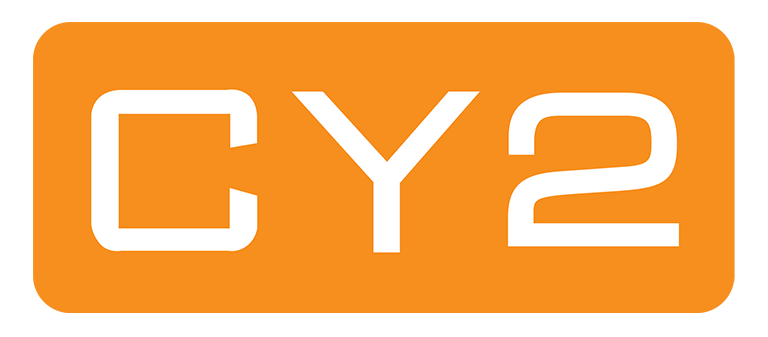Designing a Strategic Onboarding Framework for Global SMEs
Project description
This project examines how international small and medium-sized enterprises (SMEs) can enhance learning and knowledge retention through a strategic onboarding framework. 72% of SMEs struggle with inconsistent onboarding due to remote teams, cultural diversity and a lack of structure. A modular framework was designed, combining preboarding, guided learning paths, digital tools and KPI monitoring. It was tested through two case studies. One in IT consultancy (CY2) and one in self-defence instructor training (KMSD). The framework aligns with learning theory and enables faster, more consistent onboarding.
Context
Over 70% of SMEs operating across borders lack structured onboarding, leading to knowledge gaps and up to 60% longer learning curves. This project focused on two global SMEs that operate in very different sectors but face similar onboarding issues. Research shows that unstructured onboarding can increase early turnover by 25% and lower retention rates by 40%.
To address these challenges, this study applied Kolb’s learning cycle, Bales’ retention pyramid and Hofstede’s cultural dimensions to design a practical, scalable solution. The resulting framework supports onboarding from preboarding through long-term learning and was validated with stakeholders from both organisations and external HR experts and certified trainers.
Results
The result is a modular onboarding model with three phases: preboarding, onboarding and learning & development. It includes structured checklists, microlearning, AI buddy support, and KPI tracking.
Case CY2: showed shorter time-to-productivity through role-based, personalised and digital onboarding.
Case KMSD: demonstrated improved consistency and instructor readiness using a hybrid learning model.
Based on targeted testing of specific onboarding components, it is expected that KPI measurements will show improved retention, higher engagement and increased onboarding satisfaction. Time-to-productivity is also expected to decrease by 30–40% due to better preparation and clearer learning paths. The framework is ready for rollout and can be adapted across industries.
About the project group
This is an individual graduation project for the Master of Applied IT. It was part of a larger onboarding research project at Fontys and CY2, in which another master's student conducted research on LLMs in E-Learning. I also collaborated with an Advanced Semester 6 BSc student team on related deliverables and Proof of Concepts. My part focused on the strategic and process-oriented aspects, using an agile, research-through-design approach.


